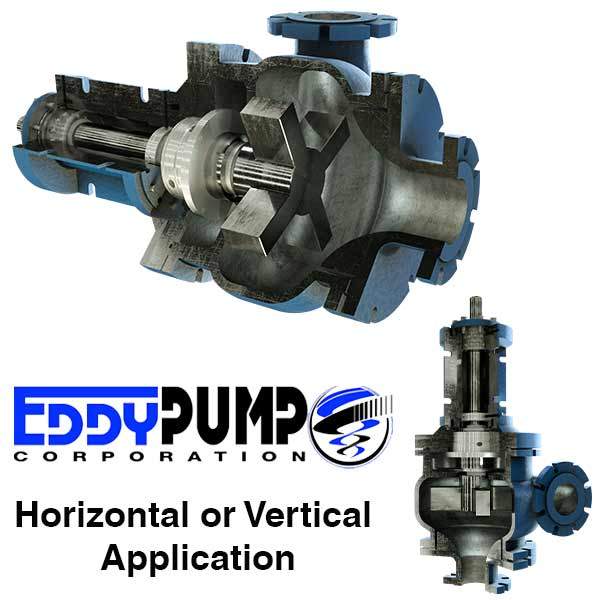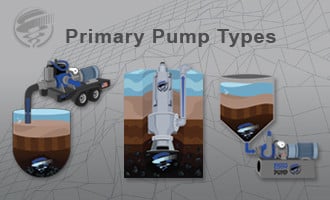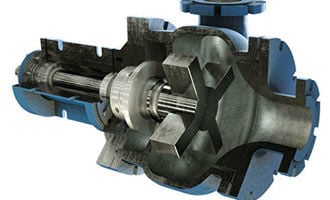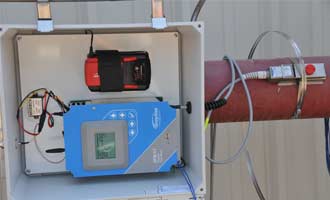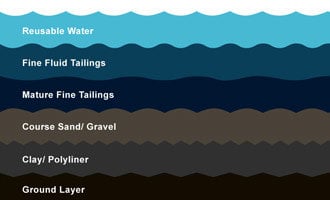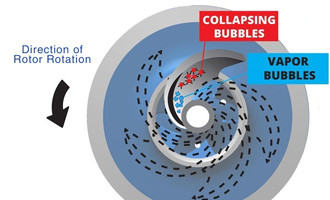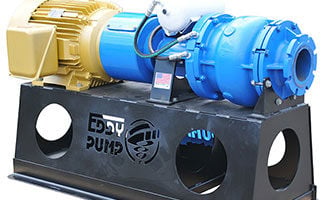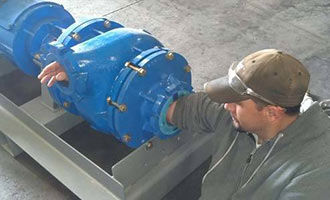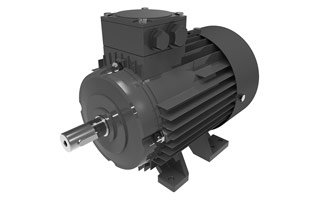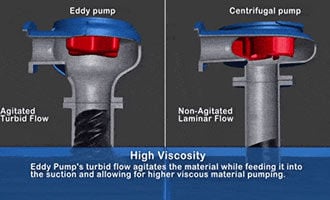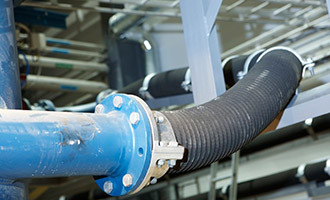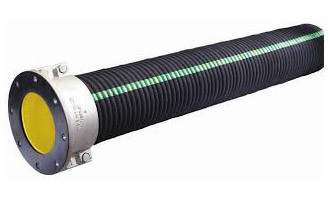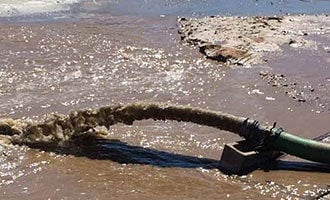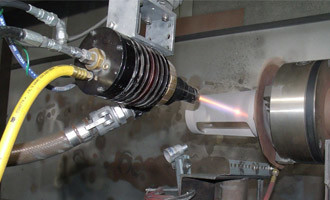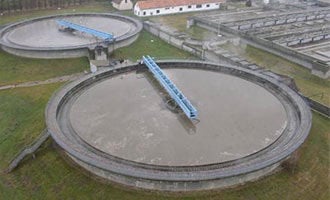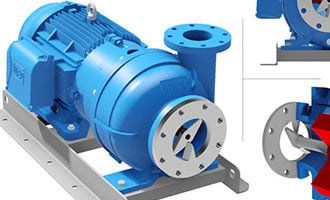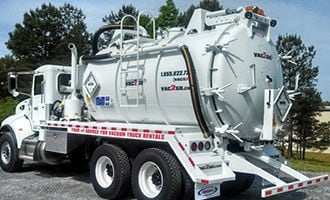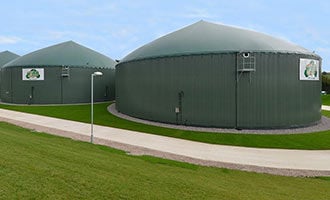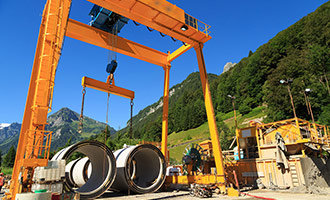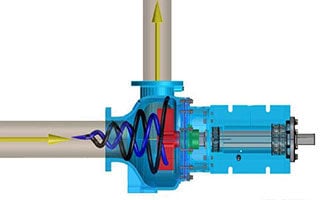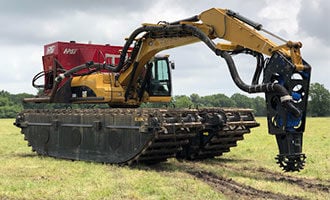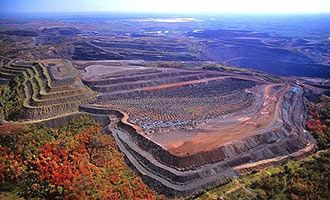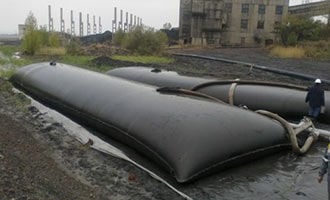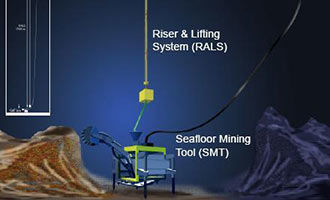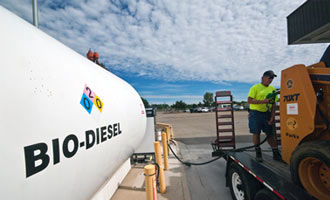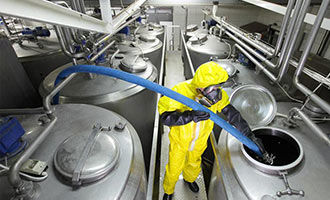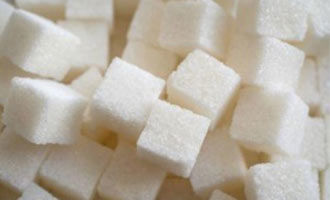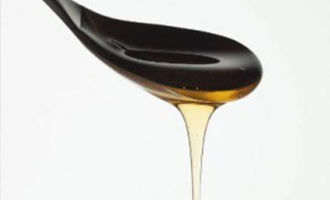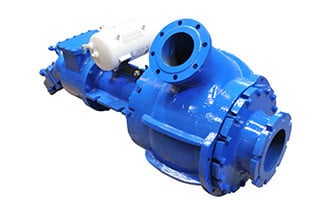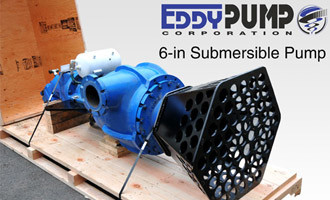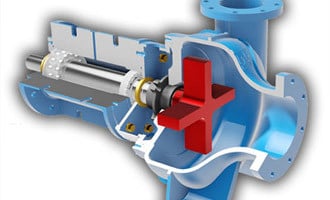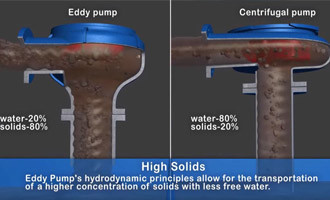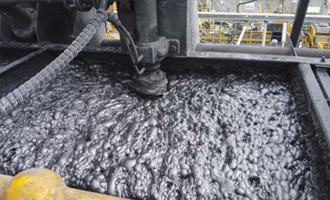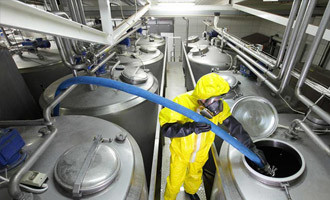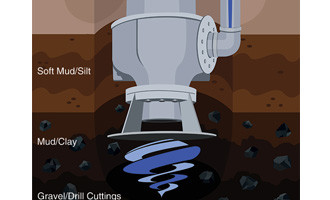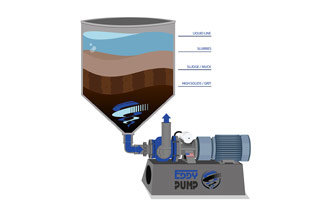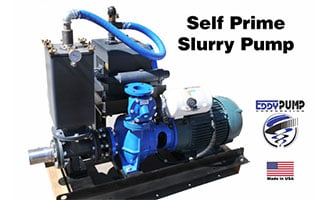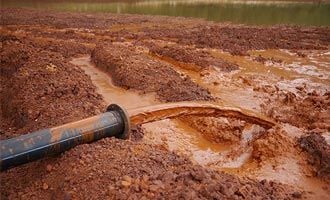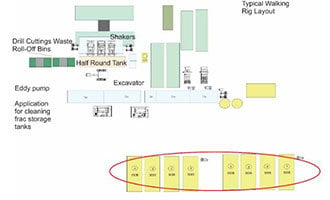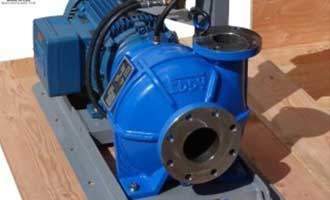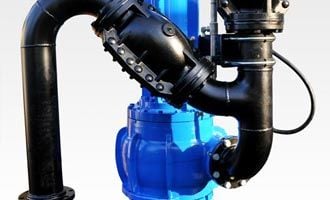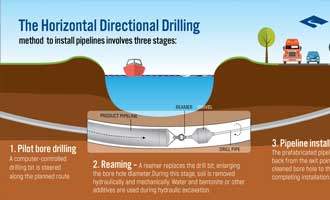Difficulties Pumping Corrosive and Low pH Slurries
Corrosion is a common problem when pumping low pH chemicals. Discover what applications use corrosive chemicals and how to best protect your pump from corrosion damage. Browse Our Slurry PumpsContact Us For Fast QuoteThe chemical industry is undoubtedly one of the industries that is most reliant on pumps. Reliable pump performance is critical to ensure uninterrupted production. In addition, compliance with health and safety regulations must be assured to protect workers and to minimize damage to expensive equipment and the risk of catastrophic plant failure. These dangers are not present in other industries and this makes pump applications in the chemical industry unique.
- Electroplating
- Manufacturing Processes
- Semiconductors
- Pharmaceuticals
- Corrosive/Low pH fluid transfer
- Tank and truck unloading
The damage caused by corrosion can often be confused with damage caused by abrasion but can be identified if known what to look for. With corrosion, the wear and pitting patterns are evenly distributed across the pump. Abrasion, however, causes uneven wear that follows the mechanics of the pump, or where the material flows. If pumping both a corrosive and abrasive slurry, both types of wear can be seen on the pump and extra care should be taken to ensure the longevity of the pump.
Order or Get Selection Help
Let our sales or engineering support help in your slurry pump and dredge equipment selection. Call (619) 258-7020
Why EDDY Pumps Are Better – Highlights
This video shows how EDDY Pump transports high slurry and abrasive materials. Featured dredge pump equipment includes the Remote Operated Subdredge, Diver Operated Pump and a Excavator Attachment Dredge Pump.

